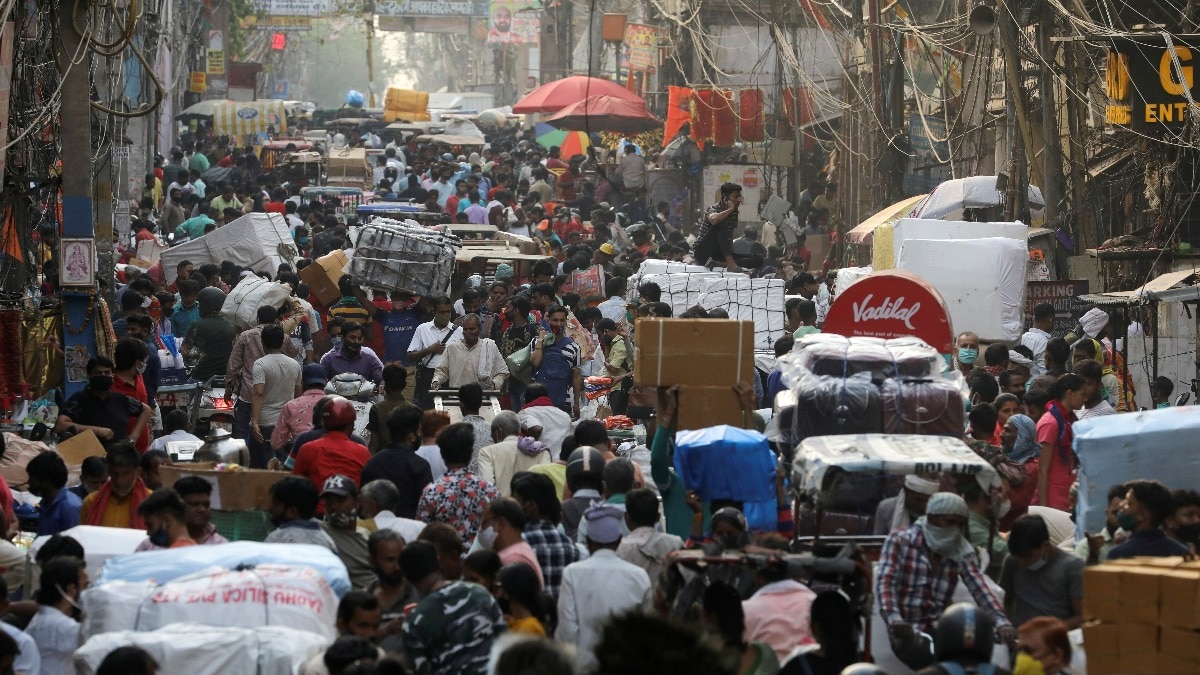The Indian economy will grow between 6.7 and 6.9 per cent in the current fiscal year, driven by robust domestic demand and structural policy reforms, projected Deloitte India. The ‘India Economic Outlook’ forecasts an average growth of 6.8 per cent, up 0.3 percentage points from earlier estimates. This aligns with the Reserve Bank of India’s projection of 6.8 per cent GDP growth for FY26.
Deloitte notes India’s resilience amid global uncertainties, but cautions that growth remains exposed to risks like escalating trade tensions, restricted access to critical minerals, and inflationary pressures from Western economies.
The April-June quarter saw 7.8 per cent growth, reflecting continued momentum. Deloitte attributes this positive outlook to buoyant domestic demand, accommodative monetary policy, and reforms such as GST 2.0. Low inflation is expected to support spending as purchasing power improves. The report anticipates a notable increase in consumption during the festive quarter, with strong private investment further supporting growth.
Deloitte India Economist Rumki Majumdar said demand in the festive quarter will likely be fuelled by higher consumption spending, followed by strong private investment as businesses prepare to meet elevated demand. She added that anticipation of trade deals with the US and EU by year-end could elevate investment sentiment, with strong growth in the first and third quarters likely to drive annual performance.
Despite these drivers, Deloitte highlights risks that could impact growth. Majumdar pointed out that while headline inflation has moderated—mainly due to easing food and fuel prices—core inflation remains above 4 per cent since February. This persistent price pressure could limit the Reserve Bank of India’s ability to cut rates. She also warned that if the US Federal Reserve maintains high policy rates, global liquidity could tighten, further limiting RBI’s flexibility and potentially accelerating capital outflows from emerging markets like India.
Deloitte emphasised that while policy efforts have focused on boosting domestic consumption, the next key area is empowering the Micro, Small and Medium Enterprises (MSME) sector, which is central to employment, income generation, exports, and investment. Continued reform and support for MSMEs will be essential for sustaining long-term growth amid global volatility.


